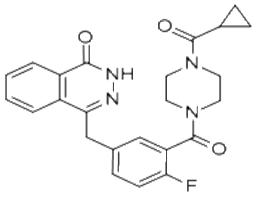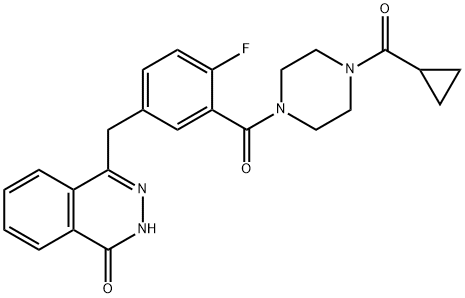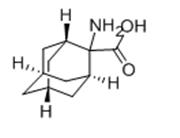| Therapeutic agent of ovarian cancer |
Breast and ovarian cancer is a serious public health problem which is imposing severe threat on female. In recent years, the increasing rate of breast cancer incidence of China was even 1-2% higher than that of high-incidence countries. On the other hand, ovarian cancer still remains the most serious challenge for gynecologic oncologist because no mature approach for early stage diagnosis is available now. Upon diagnosis, about 70% cases are in advanced stage. Even subjecting to effective treatment and achieving complete alleviation, there are still 70% of patients who will get recurrence issue with 5-year survival rate hovering around 30-40%. Therefore, people are attempts to establish the three-level prevention and control measures of ovarian cancer like other chronic diseases.
There is urgent need of a new medication for ovarian cancer treatment because platinum-based chemotherapy has limited drug duration before the occurrence of intolerable side effects. Olaparib, together with other PARP inhibitors under development are all oral preparations which can be better tolerated and can have more long-term applications compared with those drugs used in conventional chemotherapy. Olaparib can prevent an enzyme which participate in cellular repair, and is suitable for patients with certain genetic mutations. The drug also has good prospects in the treatment of other cancers, opening up considerable market opportunities for olaparib.
In December 19, 2014, the FDA approved novel anti-cancer drug olaparib (Lynparza) for monotherapy to the patients of advanced ovarian cancer who has undergone at least 3 rounds of chemotherapy or patients of suspected BRCA mutations. At the same time, FDA approved the quantitation and classification of diagnostic kits for the detection of mutations in BRCA1 and BRCA2, BRACAnalysis CDx. Olaparib (Lynparza) is the first PARP inhibitor drugs which has been approved by FDA.
In February 2, 2015, the European Union Food and Drug Administration (EMA) also approved olaparib to enter into market in the 28 countries of European Union including Iceland, Liechtenstein and Norway. But the indications of EMA and FDA approved are slightly different; the former is for the BRCA gene mutation cases, and also for the maintenance therapy for patients of advanced epithelial ovarian cancer who has previously received platinum-containing chemotherapy drugs and exhibit response and subject to recurrence. |

 China
China







